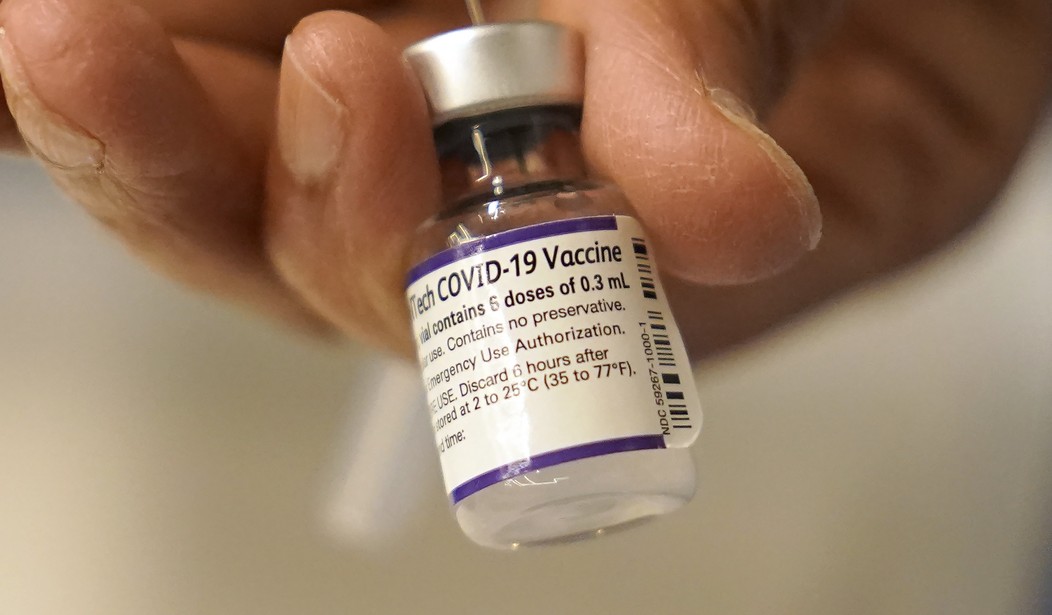The Centers for Disease Control said that about 58% of Americans show natural antibodies from a previous COVID-19 infection, with the proportion even higher among children.
In December, the percentage of Americans with COVID antibodies was 34%. But after the omicron wave during the winter, that number shot up to 58%. The study didn’t factor in people who had antibodies from vaccination.
Surprisingly, 75% of children had developed antibodies to the coronavirus during the winter, up from 45% in December. Since children weren’t dropping dead from being infected with the coronavirus, we can conclude it was never much of a threat to them in the first place.
Duh.
Related: Biden and the CDC Just Proved Masking Is About Control, Not Public Health
The CDC analyzed about 74,000 blood samples every month from September through January from a national commercial lab network. The sample size decreased to about 46,000 in February. The CDC tested the samples for a specific type of antibody that is produced in response to Covid infection, not from vaccination.
CDC officials told reporters on a call Tuesday that the study did not measure whether people with prior infections had high enough antibody levels to protect against reinfection and severe illness. However, CDC Director Dr. Rochelle Walensky said health officials believe there is a lot of protection in communities across the country from vaccination, boosting and infection taken together, while cautioning that vaccination is the safest strategy to protect yourself against the virus.
For a healthy adult with an uncompromised immune system, the safest strategy is to allow the body’s natural defense mechanisms to protect us, not vaccination. Any doctor who took the Hippocratic Oath would tell you that.
The study still doesn’t answer the million-dollar question: how long will these antibodies protect us? And the related question: are antibodies generated by vaccinations better or worse than antibodies generated from past illnesses?
While some studies suggest that prior infection offers a weaker shield against the virus than vaccines do, the resulting antibodies should provide a reasonable degree of protection against severe illness, at least in the short term.
“We still do not know how long infection-induced immunity will last,” Dr. Clarke said.
The gains in population-wide immunity may explain why the new surge that is roaring through China and many countries in Europe has been muted in the United States so far.
“Those who have detectable antibodies from prior infection, we still continue to encourage them to get vaccinated,” CDC Director Dr. Rochelle Walensky told reporters. “We don’t know when that infection was. We don’t know whether that protection has waned. We don’t know as much about that level of protection than [sic] we do about the protection we get from both vaccines and boosters.”
Only 10,800 positive tests were reported yesterday, and just 1,465 people who tested positive are in ICUs nationwide. What that means going forward, we’ll all have to find out together, because no one knows.










Join the conversation as a VIP Member